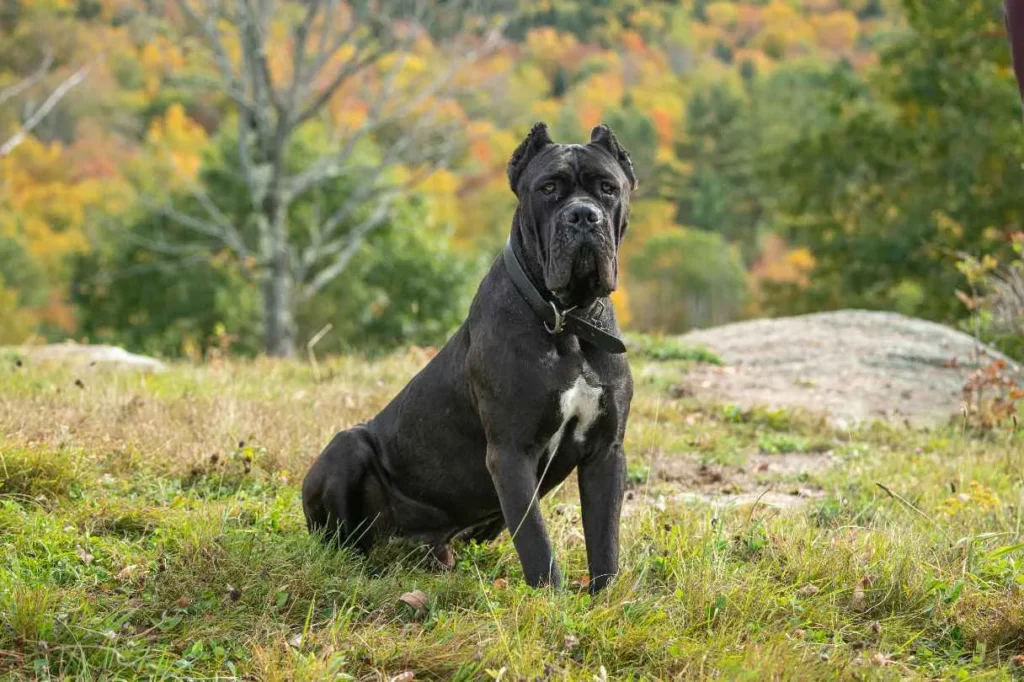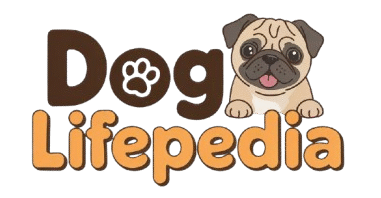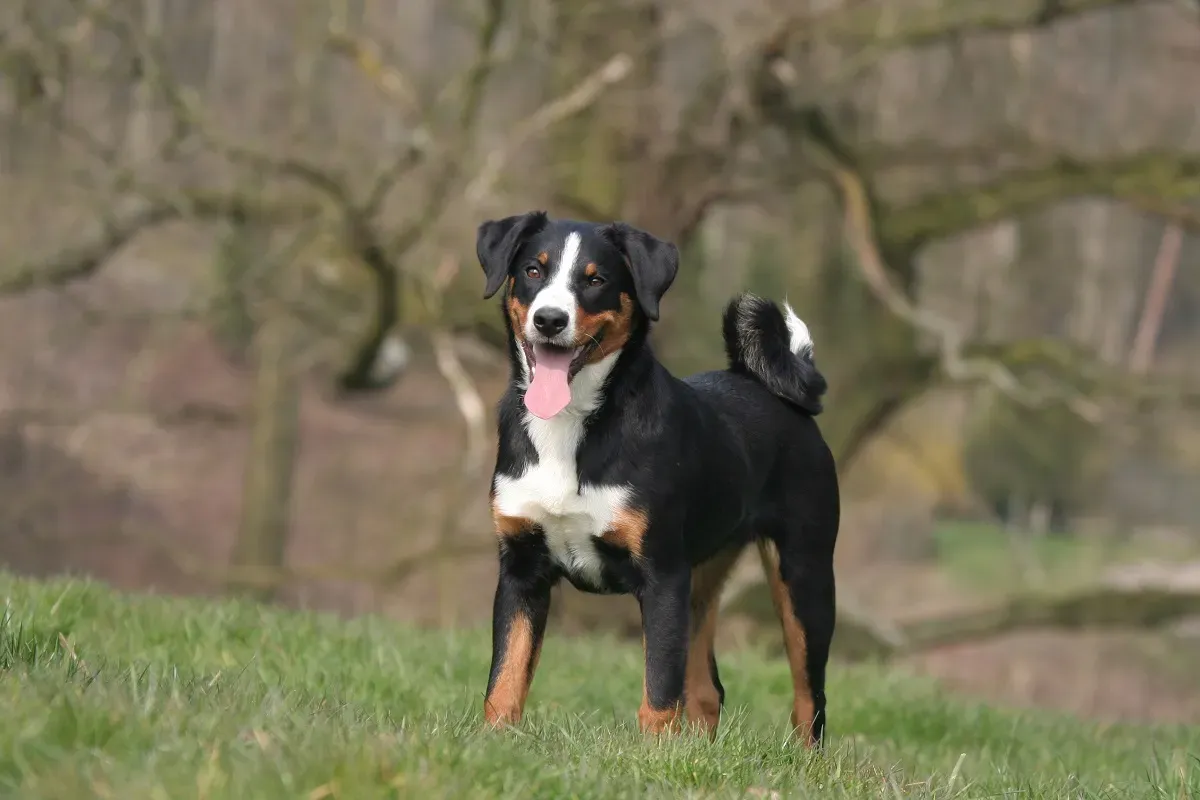
Cane Corso
Heena
June 18, 2025

The Cane Corso (pronounced KAH-nay KOR-so) is a large, muscular, and intelligent dog bred for protection and work. Originating in Italy, the breed descends from Roman war dogs and later became a guardian of farms, property, and livestock.
Today, Cane Corsos are loved in both the UK and USA for their loyalty, courage, and impressive presence. They are not just imposing watchdogs—they’re also deeply affectionate with their families and thrive in homes that offer both structure and love.
Breed Overview
Breed Name: Cane Corso
Group: Working Group (AKC) / Utility Group (UK Kennel Club)
Origin: Italy
Height: 23.5–27.5 inches (60–70 cm)
Weight: 88–120+ lbs (40–55+ kg)
Life Expectancy: 9–12 years
Temperament: Loyal, protective, intelligent, assertive
Breed Colors & Markings
The Cane Corso has a short, dense coat that’s easy to maintain and gives the dog a sleek, powerful look. Common coat colors include:
- Black
- Gray
- Fawn
- Red
- Brindle (various shades)
- Chestnut Brindle
Some Corsos have white patches on the chest, chin, or toes. The breed may have a black or gray mask that highlights its intense facial expressions.
Temperament & Personality
Cane Corsos are known for their devoted, confident, and protective nature. They are:
- Fearless yet stable: Naturally protective, but not aggressive without cause
- Loyal to family: They bond deeply with their owners and are especially good with children in the household
- Reserved with strangers: Naturally wary, which makes them excellent watchdogs
- Calm indoors: Despite their size, they are quiet and relaxed at home if well-exercised
They are not suited for novice dog owners. Cane Corsos need clear leadership and early training to thrive.
Communication & Intelligence
Cane Corsos are highly intelligent and learn quickly:
- Body language experts: Communicate with eye contact, posture, and alert stance
- Protective instincts: Naturally sense threats and respond accordingly
- Responsive: If trained properly, they obey commands reliably
- Emotionally attuned: Pick up on owner moods and routines
They are not excessive barkers but will alert when necessary. Without training, they can become overprotective or stubborn.
Health & Lifespan
While generally strong and athletic, the Cane Corso is prone to a few health concerns:
- Hip and elbow dysplasia
- Bloat (gastric torsion)
- Eyelid abnormalities (entropion/ectropion)
- Heart conditions (like cardiomyopathy)
- Joint problems in older age
Routine vet care, a balanced diet, and joint supplements can help them live a full 9–12 years.
Grooming Needs
Cane Corsos are low-maintenance in grooming:
- Brushing: Weekly brushing is enough to control shedding
- Bathing: Every 6–8 weeks or when dirty
- Ear cleaning: Important due to floppy ears prone to infection
- Nail trimming: Every 2–3 weeks
- Dental care: Regular tooth brushing is recommended
They shed seasonally, especially in spring and autumn, but the coat is relatively easy to manage.
Exercise Requirements
This is a high-energy working breed that requires consistent physical and mental stimulation:
- Daily walks: At least 1–2 hours of structured walking
- Playtime and tasks: Enjoy tug, fetch, or tracking games
- Training drills: Keeps their minds engaged
- Off-lead time: Only in secure, fenced areas (they can be territorial)
Lack of exercise can lead to boredom and destructive behavior. They’re not couch potatoes.
Training & Socialisation
Proper training and socialisation are critical for this breed:
- Early socialisation: Introduce to people, pets, traffic, and noises from a young age
- Obedience training: Start as a puppy and continue through adulthood
- Firm but fair: Use confident, calm leadership—not force
- Positive reinforcement: Reward-based methods work best
- Boundaries: Corsos need to understand what’s acceptable behavior
Due to their size and guarding instincts, professional training is often recommended, especially for first-time Cane Corso owners.
Nutrition & Diet
Feeding a Cane Corso requires attention to quality and portion control:
- High-protein, large-breed food: Supports muscle and joint health
- Joint supplements: Omega-3s, glucosamine, and chondroitin
- 2 meals a day: To prevent bloating and digestive issues
- Fresh water always: Hydration is crucial for active dogs
- Avoid overfeeding: Obesity can stress their joints and heart
Consult your vet for weight-specific feeding plans—especially during growth phases.
What to Expect as an Owner
Living with a Cane Corso is both rewarding and demanding:
✅ A loyal, loving family guardian
✅ A dog that needs purpose and structure
✅ High energy and physical strength
✅ A natural protector—not a dog park regular
✅ Daily training and leadership
This breed does best with experienced, confident owners who understand canine behavior and are willing to commit time and training.
Is the Cane Corso Right for You?
You may be a perfect Cane Corso owner if you:
✔️ Have experience with large or working breeds
✔️ Want a protective but gentle family dog
✔️ Can commit to training and socialisation
✔️ Have a secure, fenced yard
✔️ Can provide daily exercise and structure
If you live in a small flat, lack experience with powerful breeds, or prefer a low-energy dog, the Cane Corso may not be your best match.
Final Thoughts
The Cane Corso is an intelligent, loyal, and majestic guardian that thrives with purpose and leadership. While not the right fit for everyone, this breed offers unwavering protection, companionship, and love for those who understand its needs.
With proper training, exercise, and affection, a Cane Corso will not only protect your home but become an irreplaceable part of your family.

